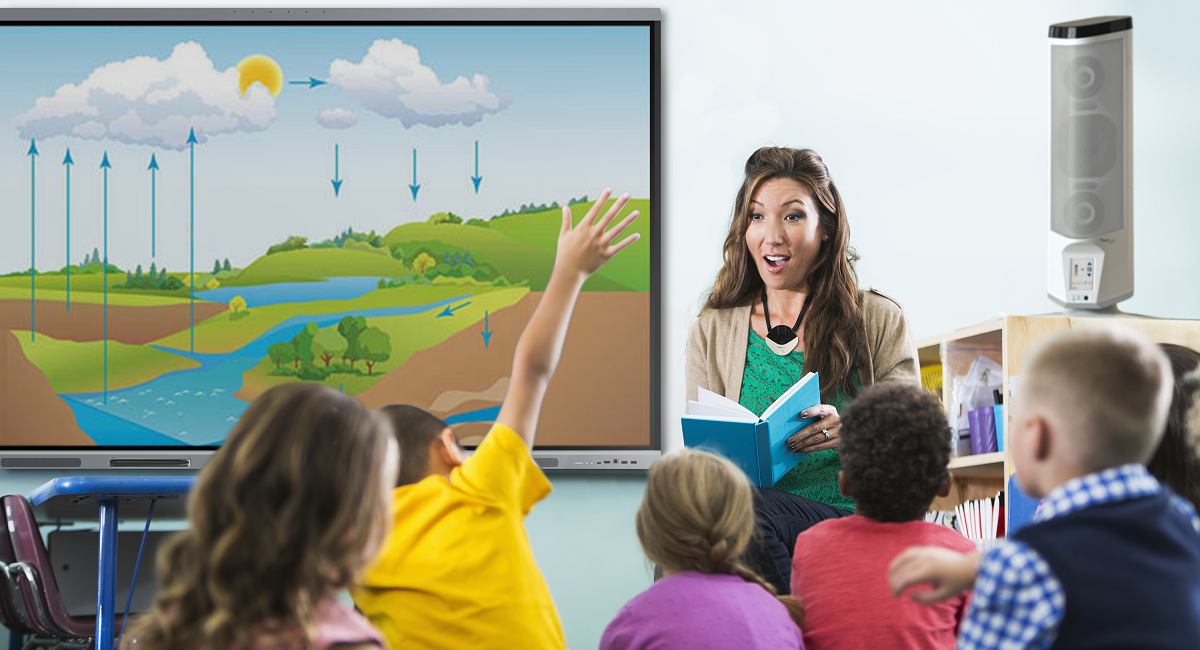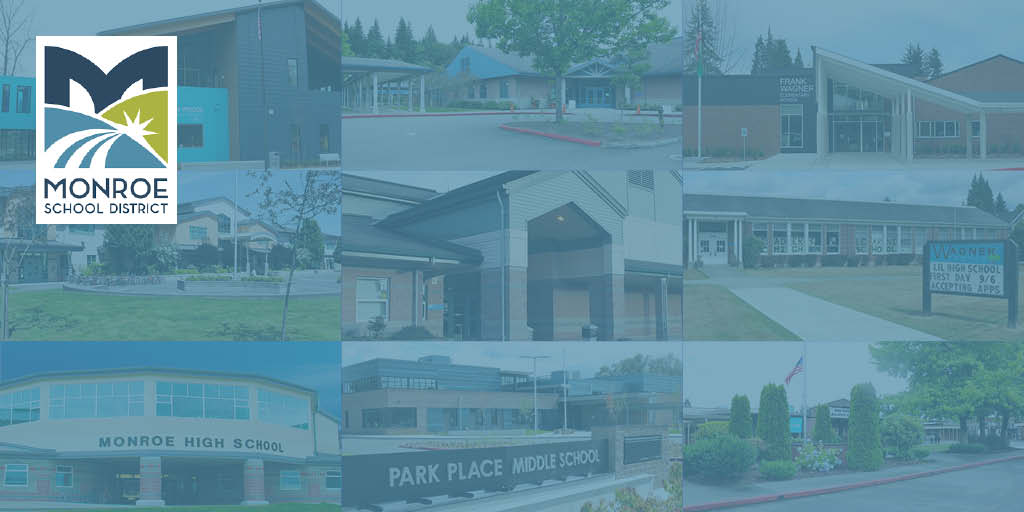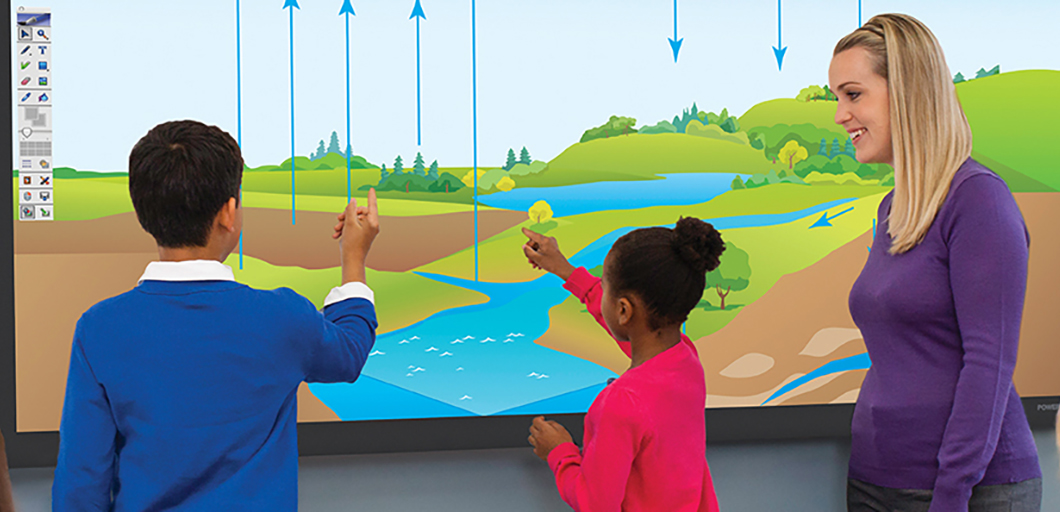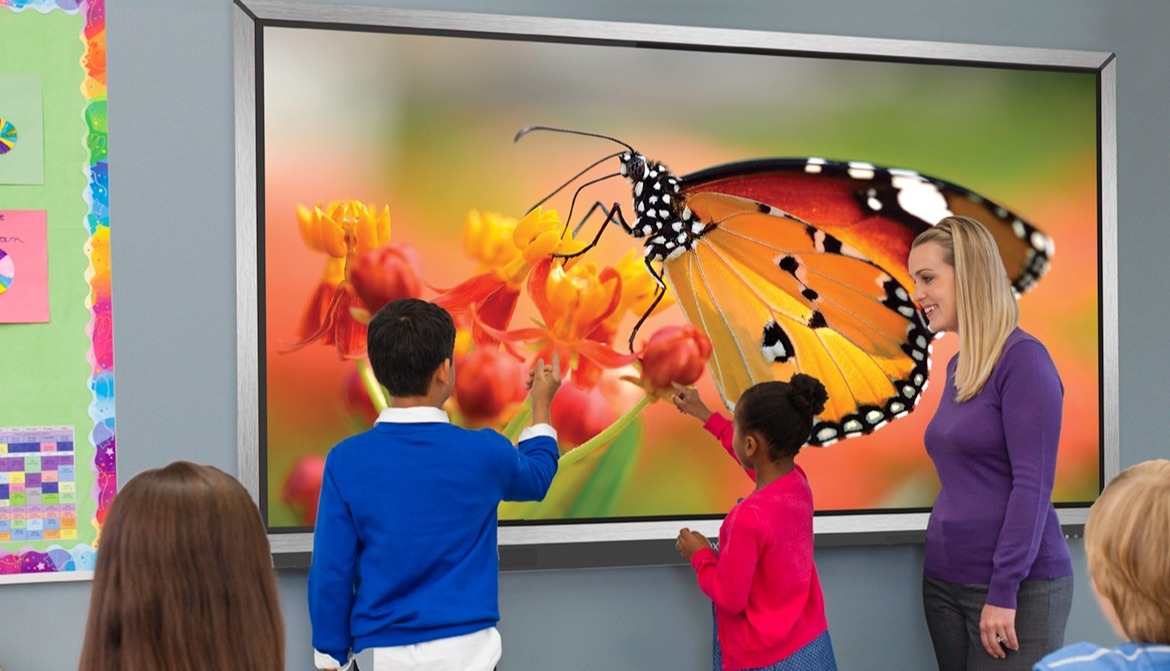Good communication is essential between teacher and student. When teachers communicate effectively with their students, the impact on learning is clear – students have a better understanding of what’s being taught. Of course, the flip side is that when class communication breaks down there is misunderstanding and frustration by both teacher and students which can impede learning. If you’re a teacher and you’ve felt this frustration because your students couldn’t hear you or misunderstood what you said, here are four steps to try to improve communication.
Topics: Education Technology, Whole-Class, tips for teachers, Classroom Audio, communication
Teachers who are blessed with an assortment of technology in their classroom probably use it often—we are more likely to use something if it is readily available to us. But like any new tool, as we start to gain expertise and comfort with it, we use it more and more. And as we settle into a pattern of use with the technology, we probably feel as though it would be hard to live without.
But even if this is the case and usage is very high, teachers may find themselves in a groove, maybe even a rut, when it comes to how they use technology in their classroom. We limit ourselves to using the tool in ways that we already know and think less about the ways that we could be using it.
Topics: classroom assessment, Whole-Class, tips for teachers
Case Study: Four Steps to a Successful K-12 Technology Transformation
Like many school districts, Washington’s Monroe School District was suffering with technology and equipment that was anywhere from eight to 12 years old in a world where anything older than four is considered a dinosaur. “We had all sorts of different equipment across 376 instructional spaces,” says Rachelle Butz, executive director of digital learning and infrastructure for the district. “It was problematic from a learning standpoint because teachers won’t use technology if they can't trust it to be reliable when they are delivering lessons.”
Topics: Flat Panel Displays, Case Studies, Whole-Class
Whole-class learning is a key aspect of the modern classroom. This practice is designed to put students at the center of the educational environment so they’re more engaged, more collaborative, and more motivated. The teacher still drives the instruction and facilitates the learning—whole-class solutions simply make teaching easier and learning more exciting.
Many students grasp new ideas more quickly through whole-group learning, especially if the material is interactive and engaging. Ready to bring whole-class learning to your classroom? We’ve created a resource library to help you select, implement, and provide whole-group instruction—no matter your budget or needs.
Topics: Whole-Class, tips for teachers
The typical classroom has changed a lot over the past few decades. With all of the exciting new tech innovations that have emerged, the chalkboard no longer reigns supreme.
Topics: Flat Panel Displays, Whole-Class, tips for teachers
In all the conversations that surround student engagement and learning, the focus almost always leans toward student activities and away from teacher-led instruction. These activities are very important to learning. As I often tell my teachers, “Whoever is doing the most work is doing the most learning.” Most of the time, we want the students doing the work. But as leaders and teachers, we can’t focus solely on what the students are doing—we have to also consider what the teacher is doing.
Topics: Education Technology, Whole-Class
Top 5 Factors to Consider Before Buying Interactive Tools
Thinking about purchasing new interactive tools for your school? There are many factors you should consider before taking the leap to ensure that you choose the right solution to best suit your needs. Here’s where you should start:
- “What Do I Buy?” vs. “Why Should I Buy?”
Planning for many technologies often seems to start with asking, “How many should we buy and which brand?” But it’s usually better to begin by asking, “Why are we thinking about buying these?” and “Are we buying tools to help the teacher do an even better job, or are we focused on tools to equip the students with new skills?” A well-considered purpose can provide strong guidance for subsequent decisions about choosing, implementing, and adopting any technology, including interactive flat panel displays, touch projectors, and student handheld devices such as iPads, Chromebooks, and Android tablets.
Topics: Education Technology, Whole-Class, tips for teachers
Finding the Right Classroom Solution: Interactive Touch Boards
Whole-class learning is a key aspect of the modern classroom, but how do you find the right solution for your school? There are a variety of options, so you need to take a closer look at each one to determine which is the best choice for your students, teachers, curriculum, and budget.
Last week we looked at interactive projectors, which offer large interactive spaces more affordably than flat panel displays. This week, we're going to explore interactive touch boards, which can be used as both a conventional whiteboard and a touch board. Some of the most important considerations are what will work for your classroom configurations and for the teaching and learning styles of your educators and students.
Topics: Classroom Technology, Education Technology, touch board, Whole-Class
Performing Whole-Class Checks When Assessment Tools Aren't Available
Do They Get It?
A few months ago, I shared an article on checking for understanding in a 1:1 classroom. Because there are many classrooms that do not have aa assessment device for every student, I wanted to share some other ideas for how to check whole groups of students to see if they are understanding the content and confident in their learning.
Topics: Classroom Technology, classroom assessment, curriculum, Whole-Class










